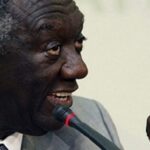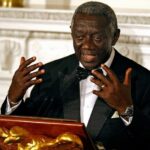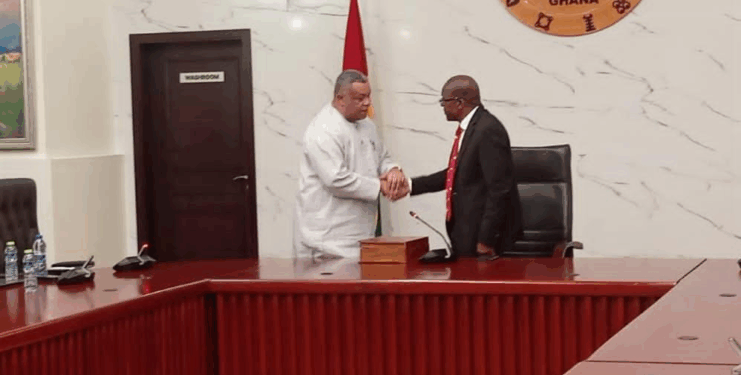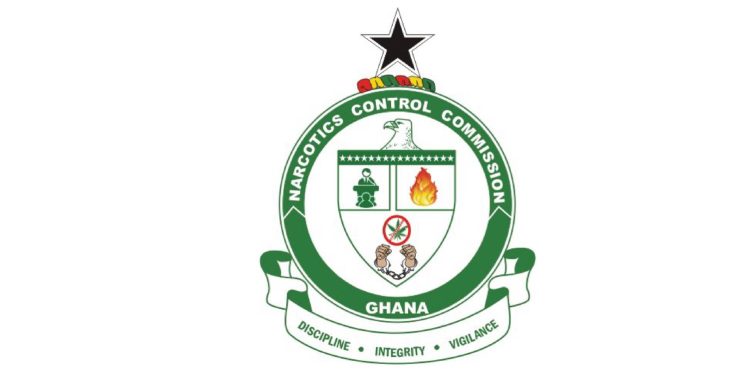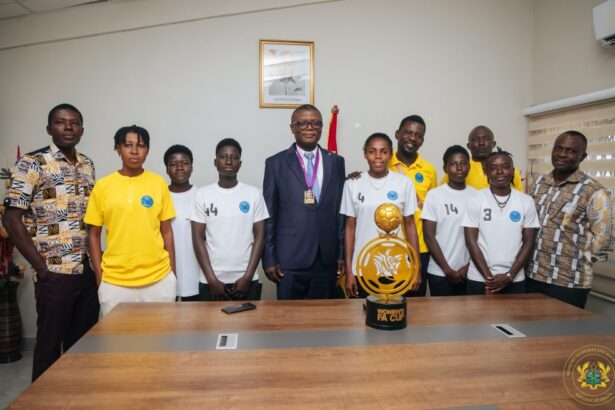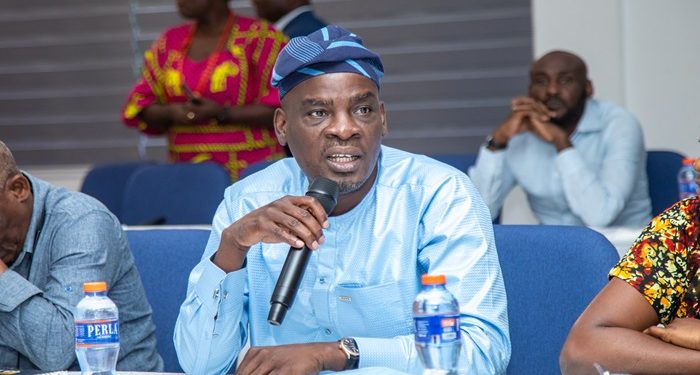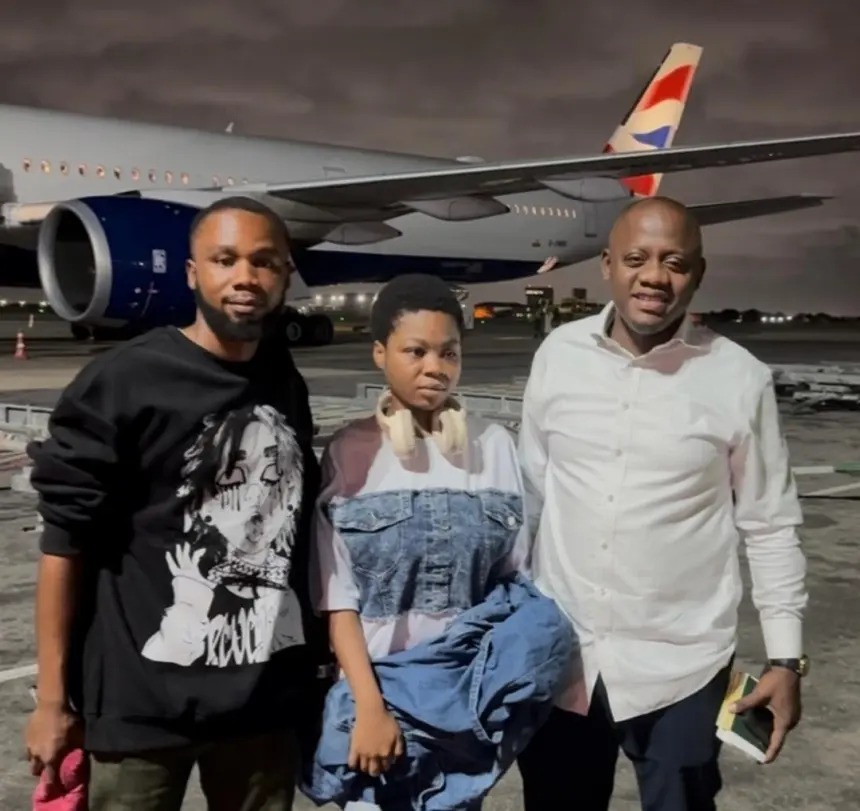Ghanaians will go to the polls next month to elect a new president and members of parliament. The incumbent president, John Agyekum Kufuor, having served two 4-year terms, is barred by law from seeking a third. President Kufuor’s constitutionally-mandated departure, the second such event in the history of Ghana since independence half-a-century-plus ago, underscores the country’s commitment to the rule of law.
As a nation, Ghana has every reason to be proud of its newfound status as a stable and progressive democracy in a neighborhood where brutal and chaotic dictatorships are the norm. The question is whether its politicians, whose pre-occupation with winning seems to trump everything, can play by the rules and help strengthen Ghanaian democracy. Appealing to ethnic, tribal, or religious sensibilities to influence the outcome of an election is about as democratic as paying people to vote for you. Yet that is exactly what the presidential candidates of the three major political parties in Ghana were doing when they found themselves in a virtual stampede against each other to pick running mates who hail from the northern part of Ghana. It’s not a coincidence that all three VP choices are northerners as well as Muslims. Obviously, they were picked to please voters in a large swath of Ghana that is predominantly Muslim and whose people have a lot in common culturally.
Source: GhanaWeb



